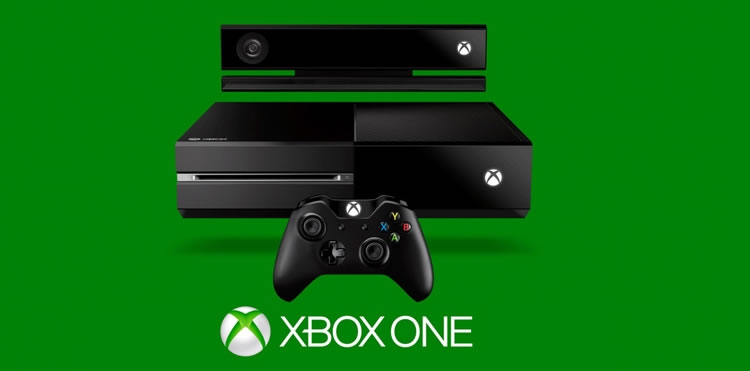Microsoft may have been the last of the major console makers to announce their next generation system but they certainly didn't disappoint - that is, depending on whom you ask. Leading up to the reveal, many believed Microsoft would position the next generation system as a device designed to be as much of an entertainment hub as a gaming system.
After watching the Xbox One unveiling, however, I'm inclined to believe that most got it wrong. Given the One's heavy focus on live television, it's easy to envision how Microsoft may have figured out a way to transform the Xbox from a gaming console that also handles media into a home entertainment hub that just happens to play video games.
The Xbox One is now poised to become a huge mainstream success if Microsoft plays their cards right and even more so if they can get broadcast executives on board with their vision. There's still a lot of unknowns, but let's take a closer look at the facts thus far.
The Xbox One includes HDMI in and out which will be used as a passthrough for your cable or satellite set-top box. That's huge in and of itself because it means Xbox One users can circumvent the dismal programming guides found on traditional set-top boxes from the likes of Comcast, DirecTV and others. Instead, users will have access to OneGuide.

With OneGuide, users can navigate through programming using voice and gesture commands via Kinect 2.0 which will come standard with every Xbox One. These new input methods are designed to do away with traditional remote controls. What's more, OneGuide contains fresh features that let users see what's trending and tune in immediately or even track fantasy sports stats while watching live television as part of an exclusive deal with the NFL.
It wasn't until 30 minutes into the hour long event that Microsoft finally got around to discuss games - something that's extremely telling in. It's understandable, however, as Microsoft needed to save some content to show off at E3 next month, but I digress.
One of the bigger questions in the overall picture has to do with how devices like the Xbox One will affect the way television programming is broadcast over the long haul. Tech companies have been trying for years to get broadcast behemoths to change their ways and there's been a good bit of progress. We're now able to stream pre-recorded movies and television shows from the likes of Amazon, Hulu and Netflix, purchase similar content from iTunes and even stream select channels live to mobile devices.
But it's not enough. Technology is simply outpacing the traditional broadcast model. Something's gotta give. Could the Xbox One be the catalyst for change that we've all been hoping for?
People want to be able to watch content when they want, where they want from any device they want. I'm talking live content here, like sports and the latest episode of your favorite sitcom - not some television show that aired more than a week ago. Many consumers wouldn't have a problem paying for the convenience. I happen to be one of them.
Other tech giants are well aware of this trend, and one in particular, Apple has been long rumored to be taking on television. Reports of Apple courting broadcast executives are well-documented and it's no secret that Apple would love to reinvent the broadcast industry much the same way they did with music and mobile phones. True enough, a television set that could perform such tasks was something Apple co-founder Steve Jobs said he had finally cracked just before his death.
And yet it's mid-2013 and we're still seemingly no closer to the fabled iTV than we were a year ago. As I was watching the One reveal, I couldn't help but think that Microsoft beat Apple to the punch with regards to television integration. For the sake of this discussion, however, it's irrelevant who's first to market, who wins or who loses. It's all progress in my opinion and that's what counts the most.
That said, let's be clear about one thing: the Xbox One doesn't stream live television either. It's simply used as a replacement interface for the dated software on your existing set-top box. But it's certainly a step in the right direction.
The Xbox 360 wasn't designed to be a media powerhouse but it managed to perform those tasks exceedingly well late in its life. Just over a year ago it was noted that the console was used more for watching TV shows, movies and listening to music than playing video games online. With those kind of usage statistics it's no surprise that Microsoft would build the One from the ground-up to be a media device first. Just imagine what the One and the PlayStation 4 could really do with live streaming television.
There's little doubt that the Xbox One will be a commercial success just like the Xbox 360 and the original Xbox before it. The media-minded system will appeal to people that aren't necessarily diehard console gamers - a category of consumer that is much more lucrative than the limited scope of hardcore gamers. I, for one, simply hope that Microsoft's new media device and others like it can bring about more rapid change with regards to the television industry.
